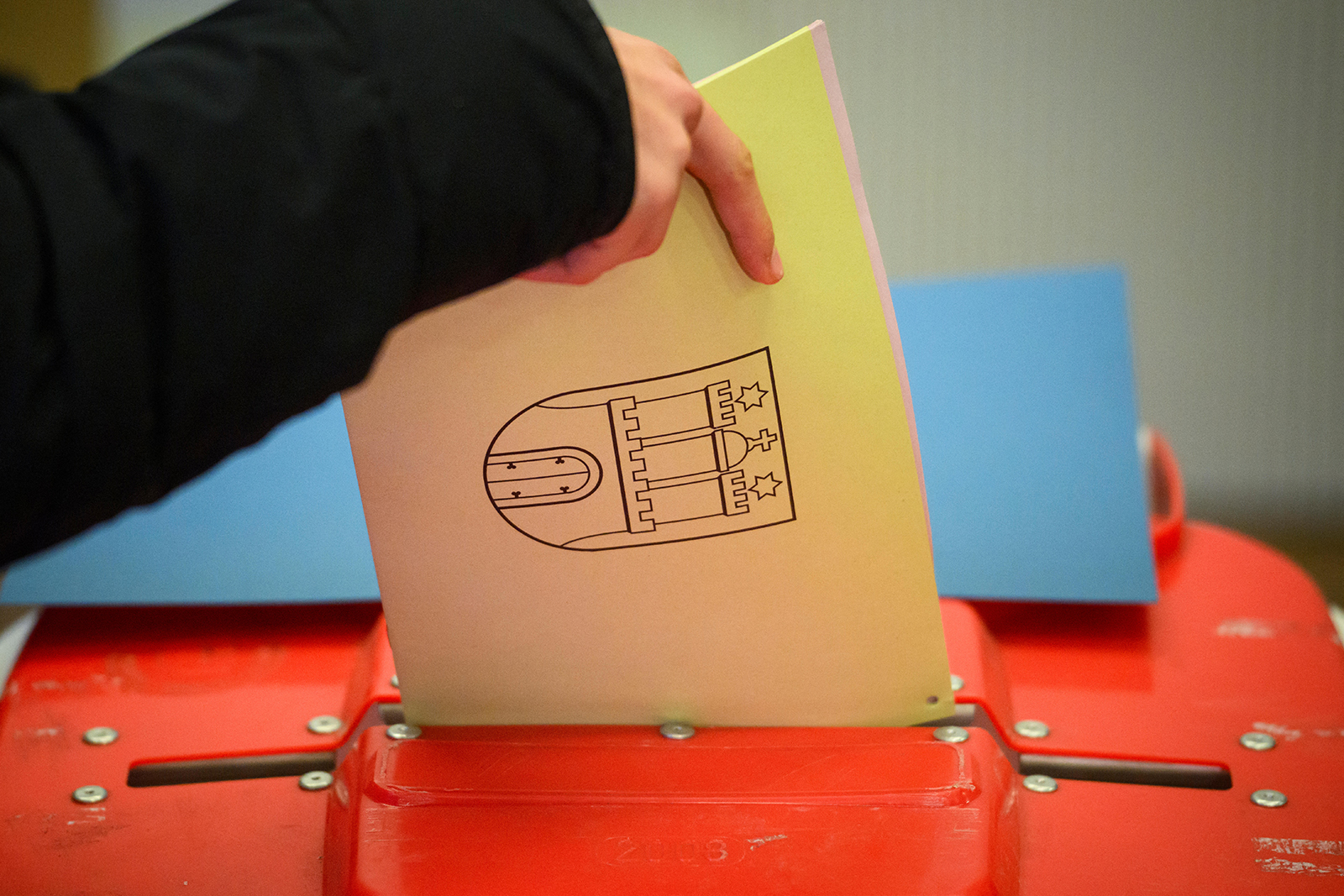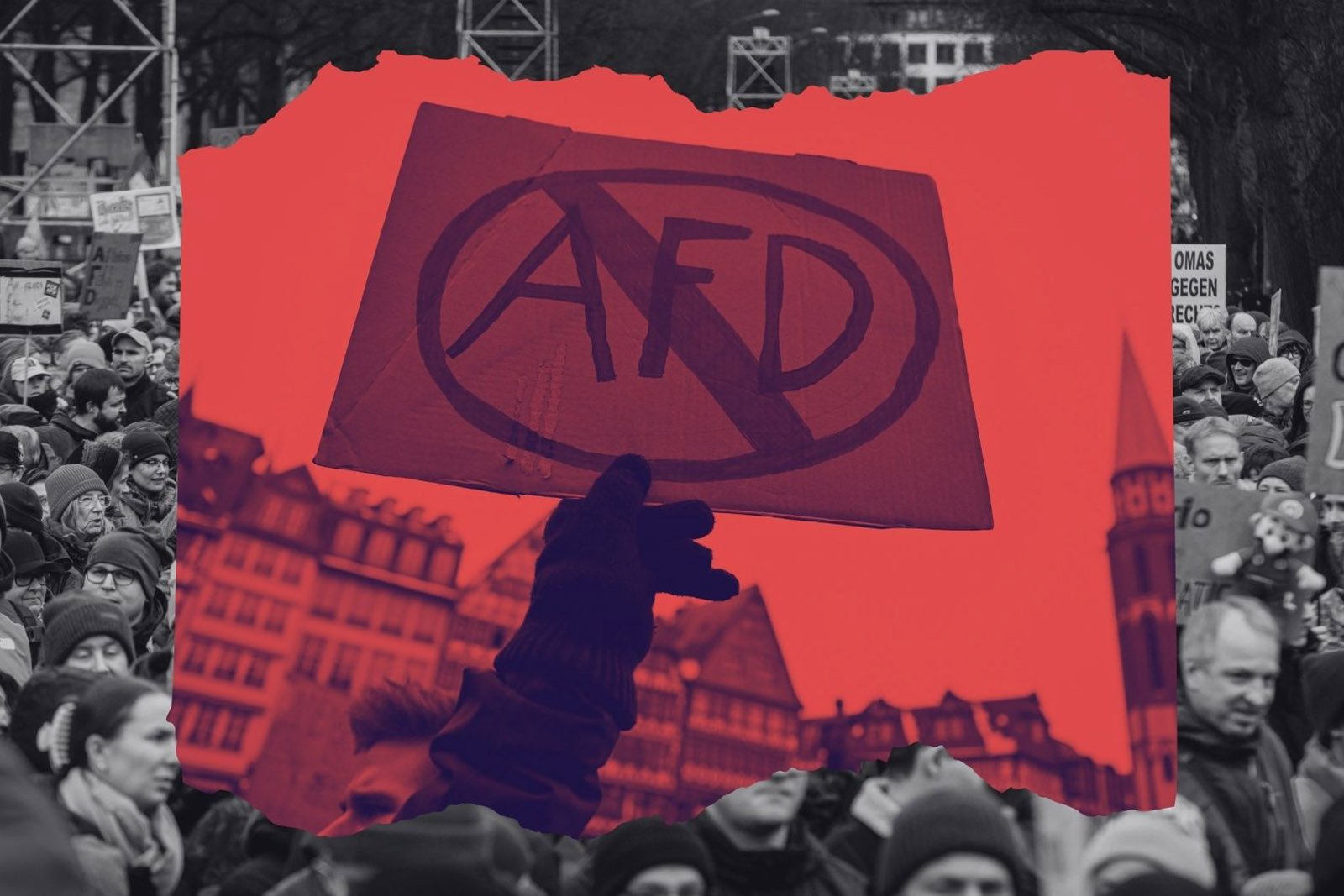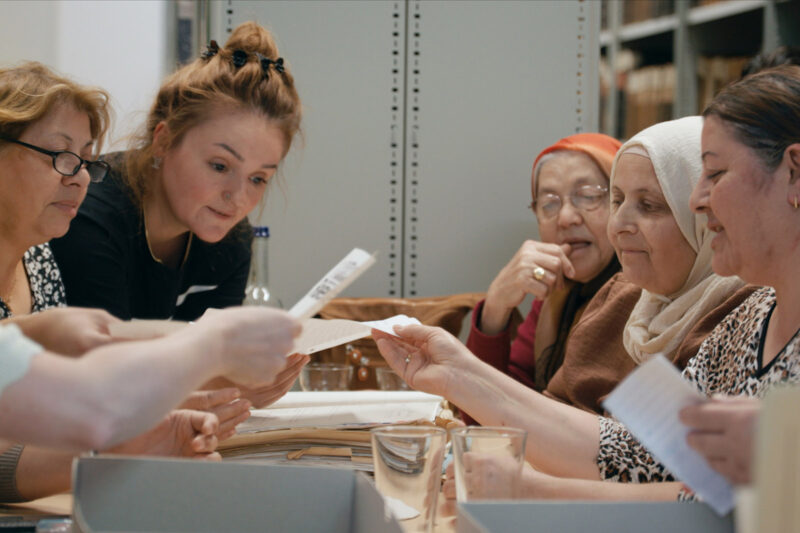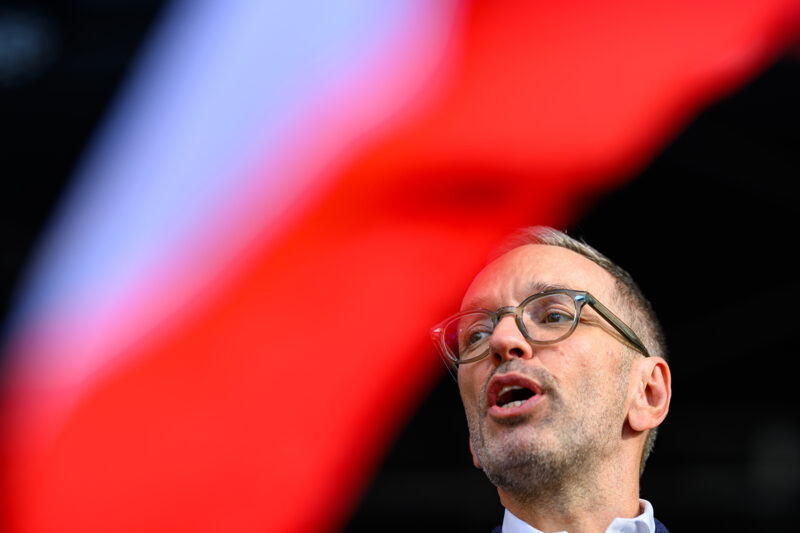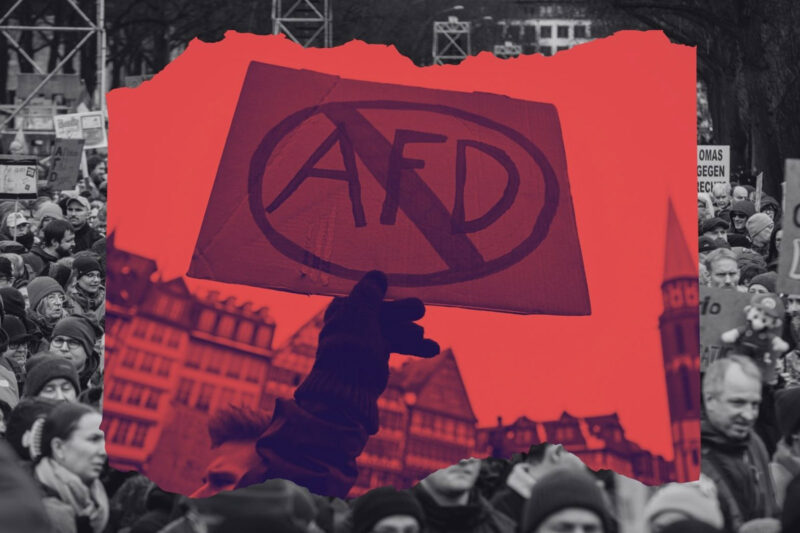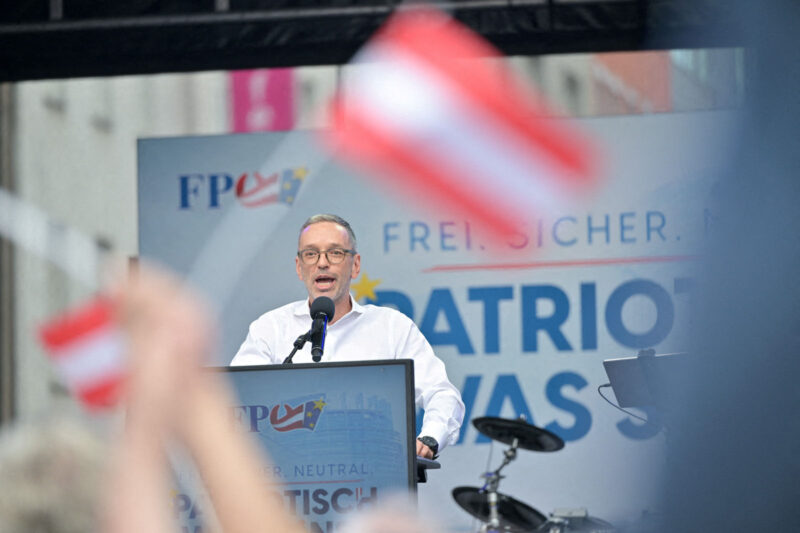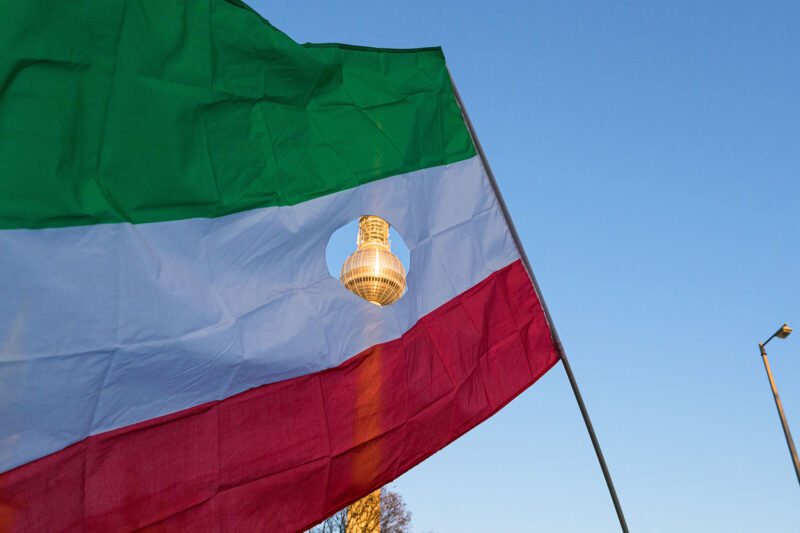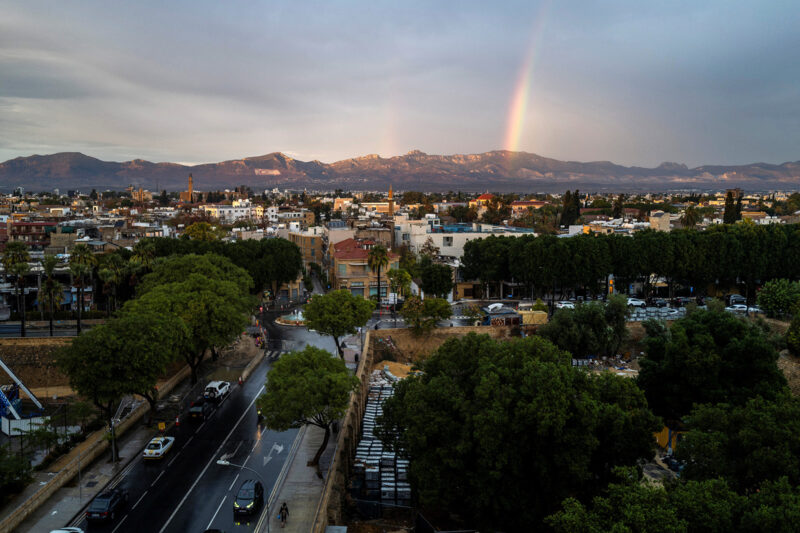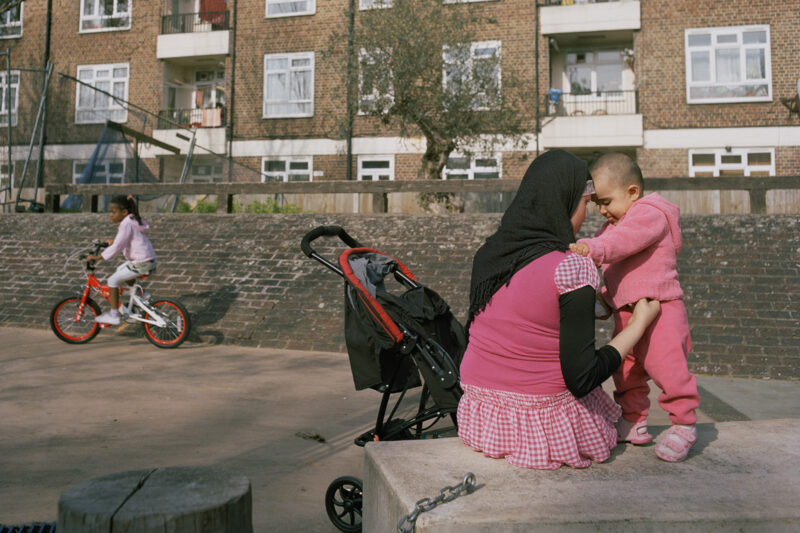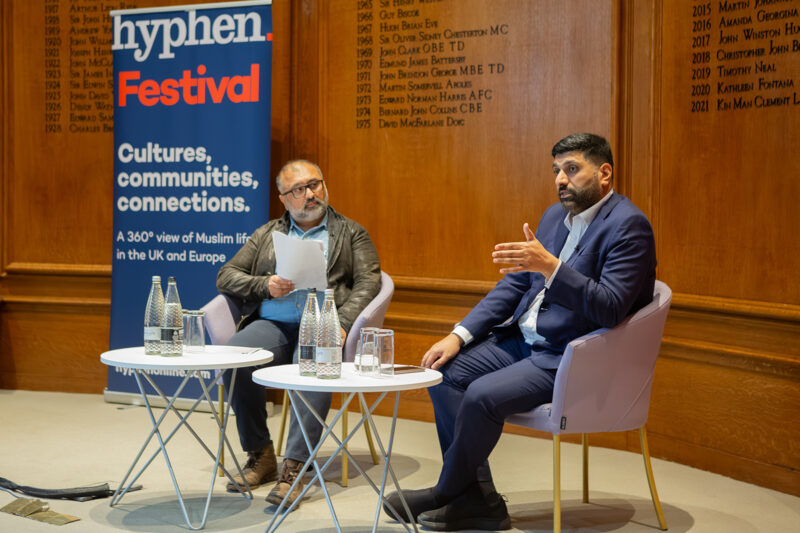German voters show us what happens when anti-migrant rhetoric is banned
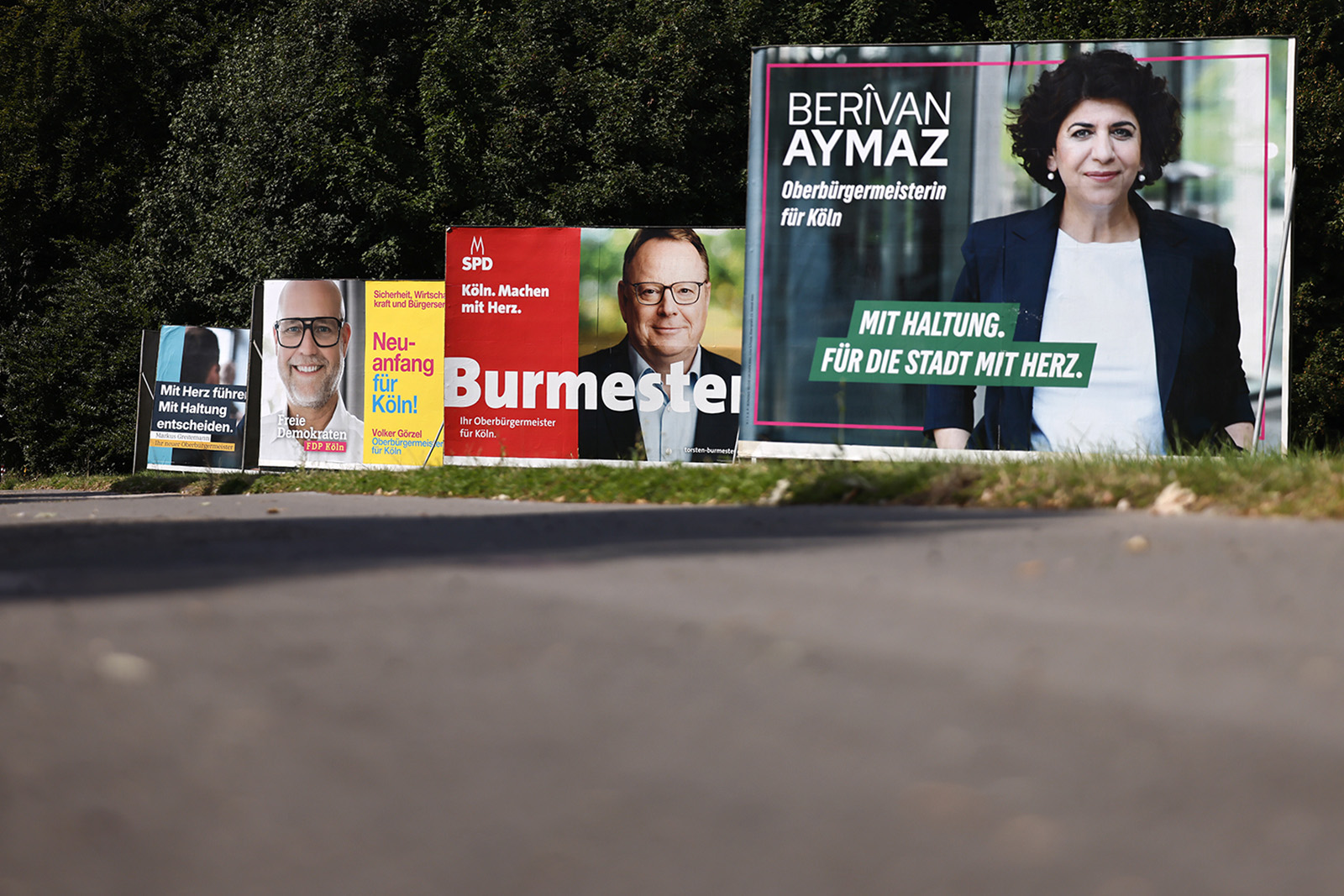
The far right made gains across Germany’s most populous state on Sunday, except in Cologne where most politicians had agreed not to campaign ‘at the expense of immigrants’
An agreement among political parties in Cologne not to campaign in municipal elections last weekend “at the expense of immigrants” sparked international outcry ahead of the vote, with commentators predicting the pact would serve only to strengthen the far right. On Sunday, voters in the German city proved these predictions resoundingly wrong.
The far-right Alternative for Germany (AfD) did make strong gains across North Rhine-Westphalia, Germany’s most populous state, securing 14.5% of votes, up from 5% in 2020 — a result analysts attribute to the party’s efforts to win support from working-class voters in a region that has seen high immigration while struggling with the economic fallout of deindustrialisation. But in Cologne, the state’s largest city where the so-called fairness agreement is in place, the AfD, which was not invited to join the pact, won just 8.5%. Green party candidate Berivan Aymaz, a woman of Kurdish heritage, came first in the mayoral race with 28.1% of the vote having run a campaign focused on affordable housing, improved public transport and progressive drug use policies.
Rightwing tabloid Bild was the first to write about the city’s fairness pact two weeks ahead of the elections, describing it as a “bizarre gag agreement” that was “tactically stupid”. Conservative news magazine Focus followed, criticising the “pact of silence”. Political editor of the Frankfurter Allgemeine Thomas Jansen warned that such an agreement would only feed “water to the mills of the AfD”.
The story spread internationally. In the UK, the Telegraph said signatories — which included the centre-left SPD, conservative CDU, Greens, pro-business FDP, left-wing Die Linke and pro-European party Volt — had “cleared the way for the far right”. Elon Musk shared an article on his platform X criticising the agreement, concluding: “Only the AfD can save Germany.”
None of this coverage, however, pointed out that Cologne’s agreement not to engage in anti-migrant rhetoric had in fact been in place since 1998. Norbert Kersting, Professor of Political Science at the University of Münster, was surprised to see the understanding suddenly become news.
“There was more national news coverage of these local elections than usual as the AfD was expected to make big gains,” he said. Bild often causes ripples across the rest of the news media, he added, as the country’s biggest-selling tabloid.
However, Kersting described this weekend’s result as “typical for Cologne”, a diverse city with a long history of support for the Green party and a large student population. It’s home to several major manufacturing companies, including Ford Germany, which recruited high numbers of “guest workers” from Turkey and southern Europe in the post-war years, communities that built strong relationships with the SPD through the trade unions.
The Cologne agreement was drawn up in 1998 by the Cologne Roundtable on Integration, a network of church leaders and civil society organisations founded in the early 90s with the aim of stemming rising xenophobia and racism. It stipulates that signatories will not campaign “at the expense of people with a migration background”, “not to incite prejudice against migrants and refugees”, “to actively engage against antisemitism and racism”, and to not hold migrants and refugees responsible “for negative social developments such as unemployment”.
While no topic is banned, signatories agree not to blame each other for policies outside their control. For example, a municipality can not be held responsible for the number of refugees who have settled there, but can control decisions on housing, such as whether refugees are placed in apartments across the city or in one centralised location.
Fairness agreements are commonplace in Germany. Before the federal elections in February, most parties agreed not to use “discriminatory, racist, anti-Semitic or otherwise demeaning” language and refrain from deliberately misleading information. But Cologne’s is the only one to explicitly mention immigration.
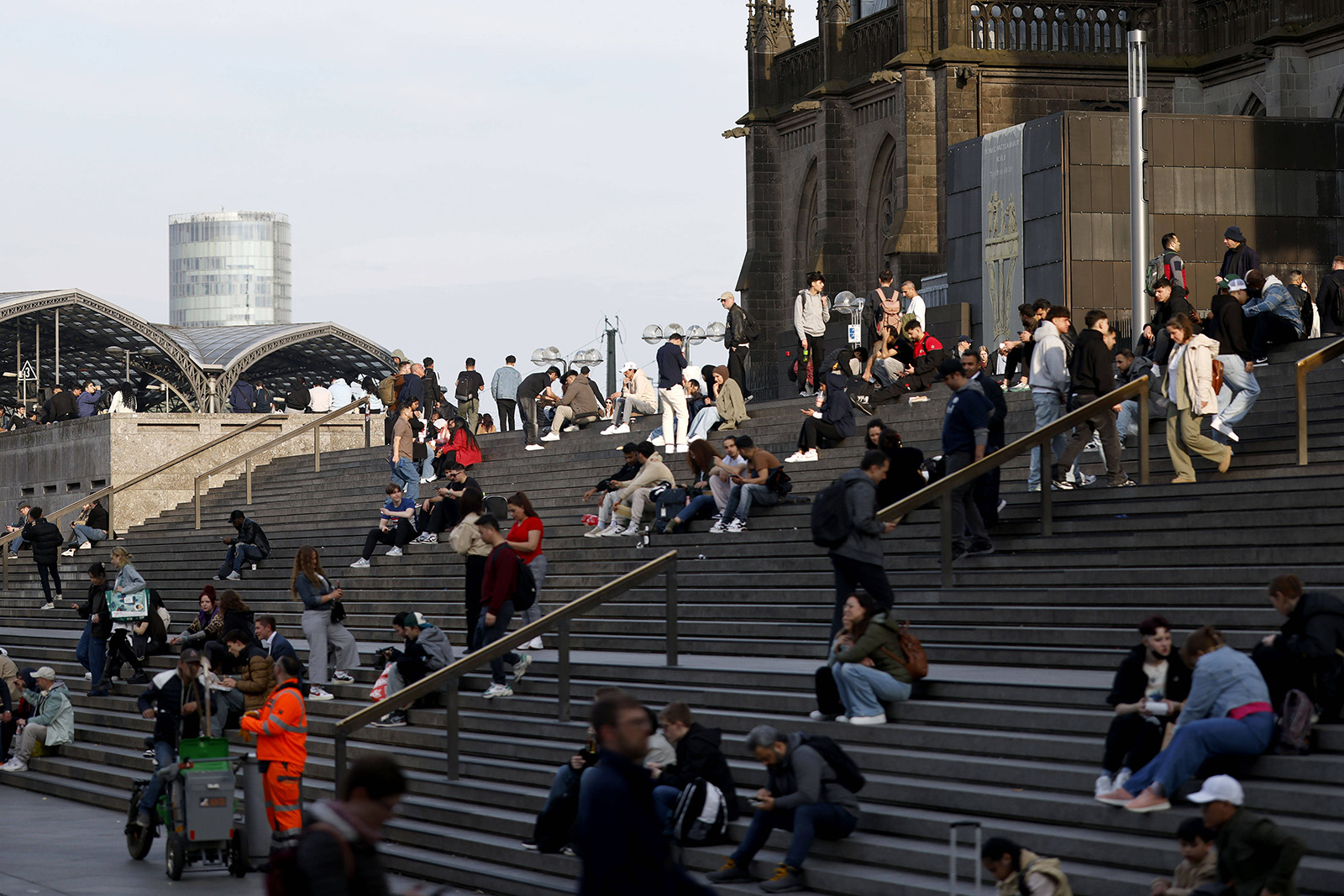
Debate around immigration has dominated German politics for years, with 37% of voters naming it their number one issue in February’s federal elections. Christer Cremer, the AfD’s spokesperson in the city, told the Telegraph the pact was “suppressing debate”.
“Everything should be able to be addressed, especially in an election campaign, including questions of migration, but also much more,” he added.
Kersting believes the city’s fairness agreement did not necessarily disadvantage the AfD — as they are not signatories, it could have no impact on what their candidates choose to say. The AfD still managed to double its vote share from the 4.2% it achieved in the last Cologne mayoral election. It could, however, have undermined the far right by allowing space for other issues typically drowned out by the scapegoating of immigrants and refugees.
“In Germany right now we have problems with the trains, we have problems with our infrastructure because it’s all very old and we have problems with our economy because our cars don’t sell anymore,” he said. “You cannot blame refugees for this, they have nothing to do with it.”
In general, Kersting believes such agreements lead to “a better exchange of arguments” and a more civilised campaigning atmosphere. He explains that while they are not legally binding and there are no official punishments if parties break them, they encourage candidates to campaign fairly and present accurate information.
Claudia Walther, co-chair of the Cologne SPD, told Hyphen that many voters were unaware that the agreement existed until the media furore. She and colleagues were asked repeatedly on the campaign trail if it was true they were unable to speak about immigration. She explained to these voters: “We do not censor ourselves on the topic — in fact we have been debating current plans for building refugee accommodation.”
Jasna Ibrić, who was born in Bosnia and Herzegovina and came to Germany as a refugee during the civil war in Yugoslavia in the 90s, stood as a council candidate for centre-left pro-Europe party Volt in Cologne.
“The agreement is particularly important to me as a Muslim woman,” Ibrić said, explaining that she feels Muslims are scapegoated for wider issues in German society. “It is very scary that our community is often being blamed for problems we have nothing to do with.”
Knowing that the majority of her opponents had signed the agreement was a relief to Ibrić at a time when violence against political candidates is on the rise. She points out, however, that the terms of the agreement do not extend to social media.
“I’m very open about being Muslim on my social media and I do have a lot of AfD voters in my comments,” she said. AfD supporters regularly post images of their leader Alice Weidel or the blue heart emoji, a symbol that has been adopted by the party’s voters online, on Ibrić’s profile.
On 28 September, Aymaz will go head-to-head with the second-place SPD candidate in a run-off vote and if successful will become Cologne’s first mayor of migrant heritage. On Monday, she thanked her supporters on Instagram, promising to “give everything for a strong, global metropolis that leaves no one behind”.
 Newsletter
Newsletter


